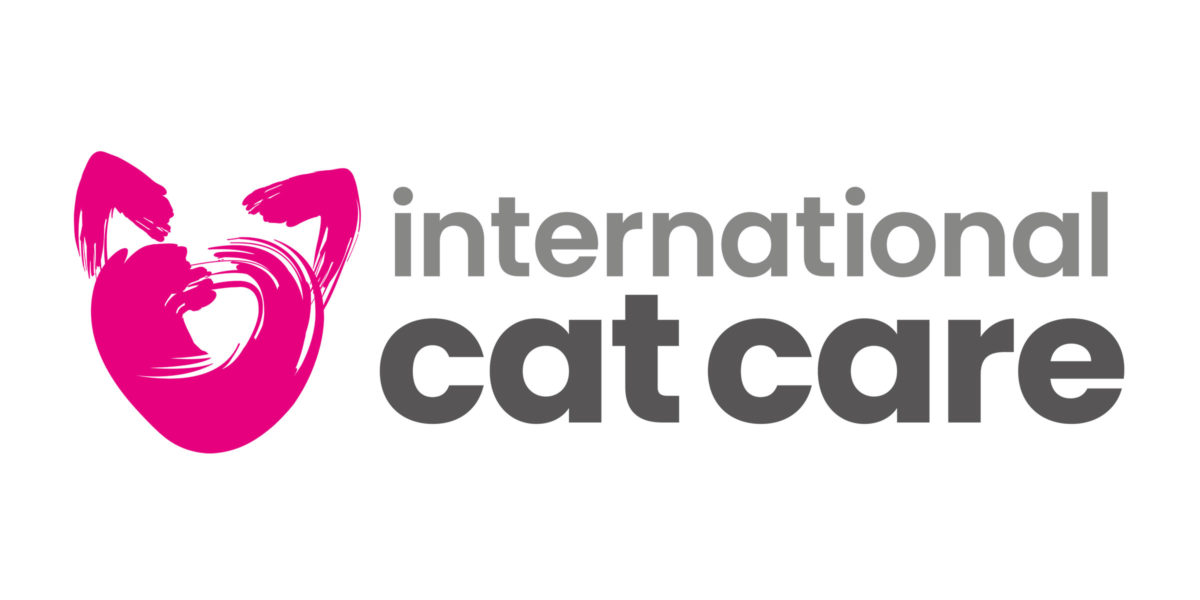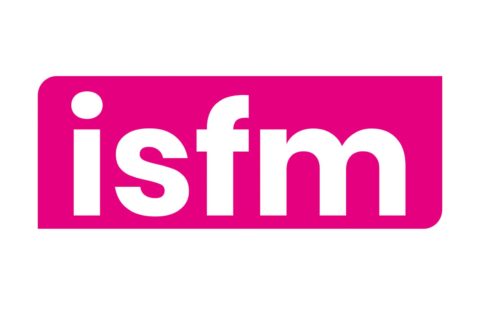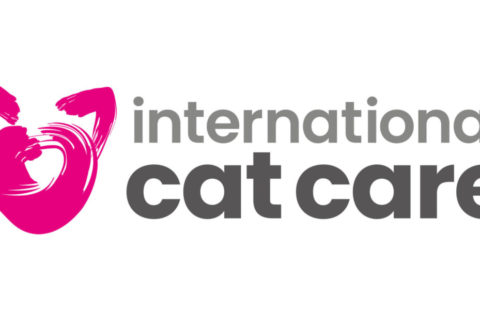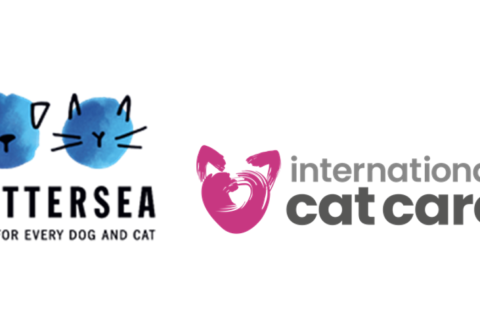International Cat Care (iCatCare) stands in solidarity with the Ukrainian people who are trying to protect themselves, their families and their pets.
iCatCare has veterinary members in Ukraine, and, at present, does not know how they are faring. Like many other charities, iCatCare has been asked how people can help. Which organisations are reliable? How can they make sure that the help is appropriate? iCatCare recently joined other members of the International Companion Animal Management Coalition (ICAM), that have experience and expertise in such situations, to discuss how best to approach helping pets, owners, carers and unowned animals during this devastation in Ukraine. This is a fast-changing and developing scenario and many things are not yet clear.
Within Ukraine, some people may not be able to get food for their pets, or vets able to help them; there are animals in private shelters and municipal shelters (which may not get funds donated to them) which need looking after, and there are animals which may have had to be left behind by desperate people who have fled the country. There are huge logistical problems of moving supplies and money, and of course, there is a huge risk of injury or death from the invading army.
The problems do not simply lie in Ukraine itself. There are also challenges for the many people fleeing Ukraine and taking their pets to other countries. Border crossings may be chaotic and people are exhausted; there may be little time to help them before they are taken to other destinations. People may need help with feeding or treating pets; there may be paperwork, vaccinations and deworming needed to take their pets into other countries (most countries have waived this, although some haven’t) or pets may not be allowed on transportation. Having reached a new destination, they may not be able to have their pets in their new or temporary homes.
There will be demand for veterinary services in all of these situations as well as in countries taking large numbers of people with pets. Ukraine is not a hot spot for rabies, but rabies virus is present across the region so vaccination is necessary. There are challenges at every step and smaller countries may be overwhelmed. Other destination countries may have a high demand for veterinary and animal care. All of these things are being considered and, of course, we are in the very early days.
Challenges are also logistical, and help will be needed long term, so careful consideration is needed. We are joining other charities to create lists of organisations that are reliable and effective and need support. At present, ICAM’s website is listing members who are developing their plans and contacts and these are linked to their Ukraine action pages at https://www.icam-coalition.org. The World Small Animal Veterinary Association is coordinating information on its website https://wsava.org. International Cat Care will continue to monitor, update and input where it can. Collaboration is key to maximising help.
Advice for Refugees fleeing Ukraine to the UK with pets
The Animal and Plant Health Agency will providing quick license approvals and quarantine arrangements.
The Government will cover the following costs for pets of Ukrainians coming to the UK:
- the costs of any necessary stays in quarantine on arrival
- vaccination costs
- microchipping costs
The maximum stay in quarantine for a pet which has received no rabies vaccination is four months. Pets will be considered on a case-by-case basis, with a shortened quarantine period for those that are vaccinated.
Before arrival, people should contact the Animal and Plant Health Agency at [email protected] or call +44 3000 200 301 option 2.
They will then be able to confirm their approval for their emergency licence and organise any necessary stay in quarantine which is required to complete the rabies risk management process.
Pets coming into the country, particularly those that have had to quarantine as likely to be just as stressed and traumatised as their owners. For this reason, integrating pets with existing pets in the sponsors home could be very difficult. Likewise, integrating new pets with existing children in the sponsor’s home could also be very difficult.
Advice for Veterinarians
The Humane Society International has introduced a programme called Vets For Ukrainian Pets. Ukrainian refugees who have fled the war with their pets in tow will now be able to access free veterinary care in 38 European countries (including the UK). This provides a much-needed safety net to all those animals in need. This programme will cover the treatment costs of up to five dogs, cats, or horses (up to 250 Euros per animal), per vet for acute care and medication, rabies and other vaccinations, as well as microchipping and medical examination required for safe passage through the EU. In exceptional cases, if vets have more than 5 animals to treat, they can send an email to [email protected] for approval.
The link below includes a web-based tool that HSI launched in the last week so that vets across Europe will be able to access the site to claim reimbursement for treating pets of refugees.
https://apply.vetsforukraine.com/
Each country has a password that can only be accessed by the vets of that country (the password for which has been sent out by the national vet associations). Vets For Ukrainian Pets is being fully funded by HSI, with the support of Mars Incorporated, in collaboration with Federation of Veterinarians in Europe (FVE) and the Federation of European Companion Animal Veterinary Associations (FECAVA). Reimbursements for participating vets will be available wherever the FECAVA has members, including in the United Kingdom, Germany, Italy, Romania, and Poland, as well as Ukraine.
Sources of information and useful links:
UK Government Information on bringing pets from Ukraine into the UK with their owners
Quarantine Authorised Premises
How to Cross the Border with Pets
https://www.four-paws.org/our-stories/publications-guides/ukraine-how-to-cross-the-border-with-pets
Specialist Pet Travel offering help and advice with emergency travel of pets from Ukraine
https://www.pbspettravel.co.uk/blog/bringing-pets-to-the-uk-from-ukraine/
Advice Pages from International Cat Care on cat care
https://icatcare.org/helping-the-ukrainian-people-and-their-pets-advice-for-host-families/
Advice pages from Cats Protection on cat care
https://www.cats.org.uk/help-and-advice
Cats Protection have also created a series of leaflets (available in both English and Ukrainian) containing information to support Ukrainian people who are relocating to the UK with their cats:
https://www.cats.org.uk/help-and-advice/information-leaflets/Ukrainian-leaflets
Advice Pages from Dogs Trust on dog care






